Consideration of flock-level performance for nanosatellite constellations / clusters is woefully lacking. Substantial improvements in mission-level efficiency are viable, translating many flawed aspirations into robust business cases. This typically manifests itself as:
Fewer satellites required to perform a given mission
Reduced launch mass
Reduced mission operations overhead
Extension of mission-lifetime
Reduced latency with ground
Broadening total addressable market
Case studies based on existing and proposed flocks have demonstrated 20%-30% reductions in overall programme costs, and sometimes significant increases in the TAM.
In collaboration with the European and UK Space Agencies, we have developed the most advanced autonomous nanosatellite flock management system commercially available. And we are continuing to invest heavily in maturing the technology towards enabling tight formation-flight for large flocks.
If you need constellations or clusters of nanosatellites to do what you want to do, get in touch: hello@orbastro.com. We can carry out a systems-level study together to evaluate how we can maximise the strength of your value proposition and robustness of your business model. This product is available now.
Key Features:
Onboard component manifested as a small PCB based on the OrbAstro Telos compute platform.
Highly scalable (from several to several thousand satellites).
Currently compatible with most constellation architectures and sparse cluster architectures.
Highly flexible system, allowing customisation of autonomous mission-level performance optimisations.
Fully autonomous flock deployment, formation maintenance, and de-orbit after decommissioning.
Mature fault recognition of satellites within flock tightly coupled to autonomous flock management (based on deep FMECA, FTA, and associated analyses).
Autonomous reconfiguration of flock to maximise relevant performance metrics and minimise disruptions associated with attrition over mission lifetime.
Autonomous collision-risk detection/avoidance with local space traffic (satellites/debris). Traffic data collated from various sources (currently monitoring ~90k objects). Updated onboard every 4 hours, and continuously forward-propagated by 15 days.
ANN-based optimisation tightly coupled to Flock Management Strategies (e.g. teasing out and accounting for otherwise indiscernible deltas in subsystem performance, synchronizing fuel consumption across flock, regulating activities with respect to local space traffic, etc.)
Get in touch: hello@orbastro.com





